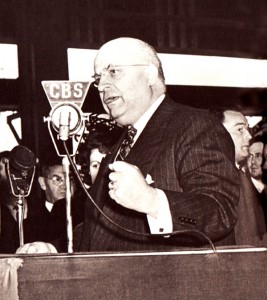Henry J. Kaiser sticks up for union labor at Brewster Aeronautical
Brewster F3A-1 Corsair landing on a WWII aircraft carrier.
On Jan. 29, 1954, Henry J. Kaiser delivered the keynote address at the Seminar on Human Relations in San Bernardino, California.
This conference, sponsored by the University of California and the United Steelworkers of America, brought together labor leaders, anthropologists, educators, and other intellectuals to explore productive and creative ways to work.
Kaiser’s speech was titled “Human Relations: The Key to Abundant Happiness,” and one of the lessons he drew upon was his wartime management of Brewster Aeronautical Corporation, which had plants in New York, New Jersey, and Pennsylvania.
Brewster was manufacturing F3A-1 Corsair fighters but had been ineptly managed and inefficiently run. In 1943, as a favor to Secretary of the Navy Frank Knox, Kaiser agreed to try and turn the company around.
Kaiser displayed a remarkable sensitivity to the role of organized labor and the practical mechanisms of management’s role:
“The blame for the atrocious situation was heaped by the government and the press upon the union leader, Tom DeLorenzo, who was called a liar, a criminal, and worse.
“I shall never forget my first meeting with De Lorenzo, the accused troublemaker. His attitude was that all management was dishonest, unreliable, and untruthful, and only outright battle would handle management.
“I said to De Lorenzo, ‘Can’t you and I work based on being truthful with each other?’
“‘No,’ he answered, ‘it won’t work. I’ve tried it too many times and always get double-crossed.’
“Quietly I said, ’Well, Tom, do you think this would work? Suppose when you come in to see me from day to day and you are going to lie, you say, ‘I’m going to lie to you today.’ But on the other hand, when you are telling me the truth you say, ‘Now I’m telling you the truth today.’
“Much to my surprise, he said, ‘That might work. I’m willing to try it.’ Many times when he came in amid the nightmare of problems, he would say, ‘I’m going to lie like hell to you today! But this is my position!’
“As time went on, more often he’d come into conferences and say, ‘I’m going to tell you the truth today.’ Tom DeLorenzo had left in him some of the spark of decency that is in every human being and when appealed to, is released.
“The thrilling sequel is that Tom DeLorenzo pitched in shoulder to shoulder with management to do the patriotic job of cleaning up the Brewster mess. Man-hours per plane were slashed to one-third; the padded workforce was cut in half; yet the production of planes was multiplied nearly 30 times.”
Despite Kaiser’s success, this productive relationship was ridiculed by anti-labor forces in the U.S. Government. House Resolution 30, “Authorizing and Directing and Investigation of the Progress of the War Effort,” began in 1941 and resulted in a series of hearings.
Congressman Melvin J. Maas (Minnesota) was the principal interrogator during a heated hearing on November 30, 1943. Maas was a tough Marine, a veteran of both WWI and WWII and had little tolerance for anything that smacked of war profiteering. He lit into Kaiser, but Kaiser gave as well as he got1:
Mr . Maas: “Mr. Kaiser, [you wrote that] ‘the responsible union leaders at the Brewster plant assure management of their desire that we should continue, and give assurance that we will receive the support and cooperation of labor to achieve an increase in plane production for the maintenance of the war effort.’
“They have opposed every other manager, but they do endorse your management. Why? What makes you think that they endorse your management while they oppose every other management at Brewster?”
Mr. Kaiser: “I guess I have confidence and faith and trust.”
Mr . Maas: “Of course, if you give (him) all the candy he wants, he’s (on your side), isn’t he?
Mr. Kaiser: “That isn’t what I said. You are making a statement that I am giving them the candy; I am not ... I told [DeLorenzo], if you are [interested in the well-being of your union members], it is necessary to make them so efficient that ... when we are going into the postwar era, they can exist and live, produce, and create in a competitive market and make a living for themselves and their families. Tom, the sooner you start moving in that direction the greater will be your service to your members.’”
Truly, Henry J. Kaiser believed in his motto, “Together we build.”
1Henry J. Kaiser – Western Colossus, Heiner, 1991, pp 162-164
-
Social Share
- Share Henry J. Kaiser sticks up for union labor at Brewster Aeronautical on Pinterest
- Share Henry J. Kaiser sticks up for union labor at Brewster Aeronautical on LinkedIn
- Share Henry J. Kaiser sticks up for union labor at Brewster Aeronautical on Twitter
- Share Henry J. Kaiser sticks up for union labor at Brewster Aeronautical on Facebook
- Print Henry J. Kaiser sticks up for union labor at Brewster Aeronautical
- Email Henry J. Kaiser sticks up for union labor at Brewster Aeronautical
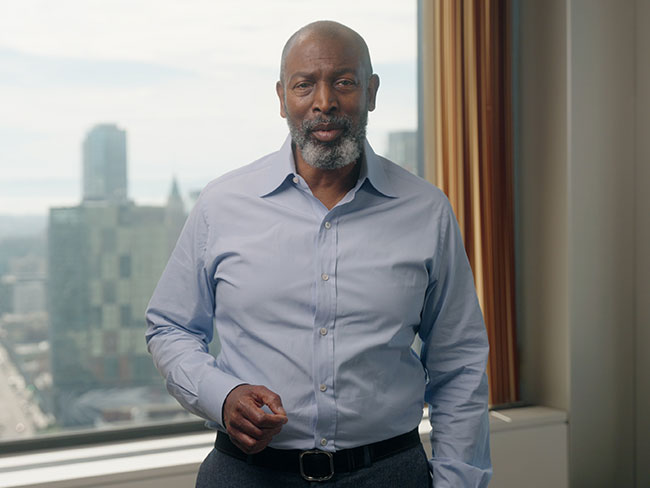
February 27, 2026
Important progress made in Alliance local bargaining
UNAC/UHCP accepts our 21.5% across-the-board wage offer as local bargaining …

February 23, 2026
UNAC/UHCP to end strikes in California and Hawaii markets
Kaiser Permanente employees will return to their normal schedules in a …

February 6, 2026
Update on Alliance local bargaining
Kaiser Permanente provides comprehensive contract proposals to each of …

February 4, 2026
It's not fuzzy. It's basic math.
You deserve your raises now, and Kaiser Permanente is ready to deliver …

January 31, 2026
For us, it's all about our people
Understanding the facts of UNAC/UHCP’s demand for nursing pay hikes of …
January 28, 2026
Bargaining continues in 25th session since July 2025
Kaiser Permanente and NUHW have important conversations about safety.

January 25, 2026
Our statement on the UNAC/UHCP strike
A strike that will disrupt the lives of our patients is unnecessary when …

January 22, 2026
Kaiser Permanente’s statement on the best way forward in Alliance bargaining
Local bargaining tables are the most effective path to secure new contracts …
January 21, 2026
First session in 2026 aimed at forward momentum and progress
Kaiser Permanente and NUHW met for the 24th time since bargaining began …

January 21, 2026
Know the facts about the shift to local bargaining
On January 21, Kaiser Permanente communicated that all open bargaining …
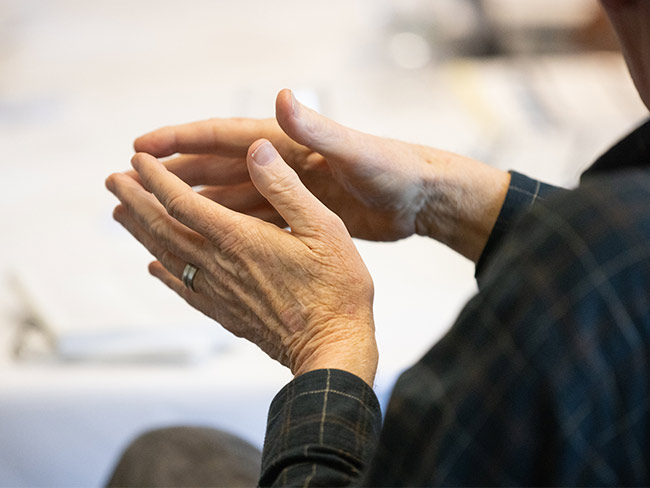
January 21, 2026
Moving forward
Local bargaining is the right path to delivering wage increases and enhanced …

January 16, 2026
Kaiser Permanente’s statement on latest strike notice by UNAC/UHCP
Despite a way forward in bargaining offered by Kaiser Permanente, union …

January 15, 2026
Kaiser Permanente’s statement on a path forward in Alliance bargaining
Our solution puts the interests of our employees up front and upholds our …
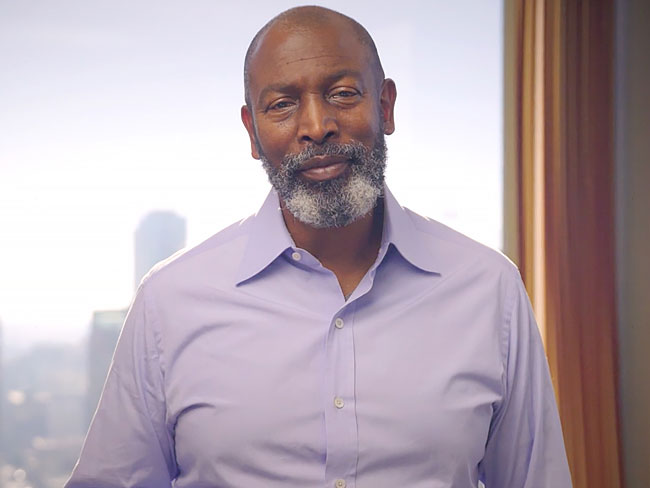
January 15, 2026
A path forward for Alliance bargaining
We’re putting your interests up front and upholding our Labor Management …
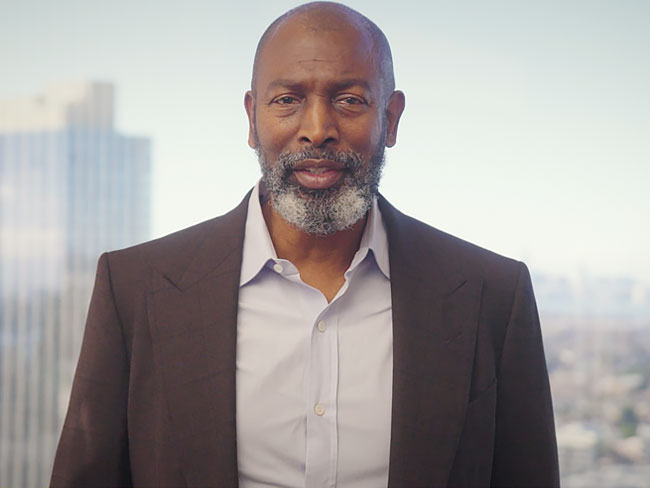
January 9, 2026
Where we are, and ways forward
Although national bargaining remains paused, we’ve made progress in local …

December 26, 2025
Momentum at local tables
Here are the facts about progress at local bargaining.
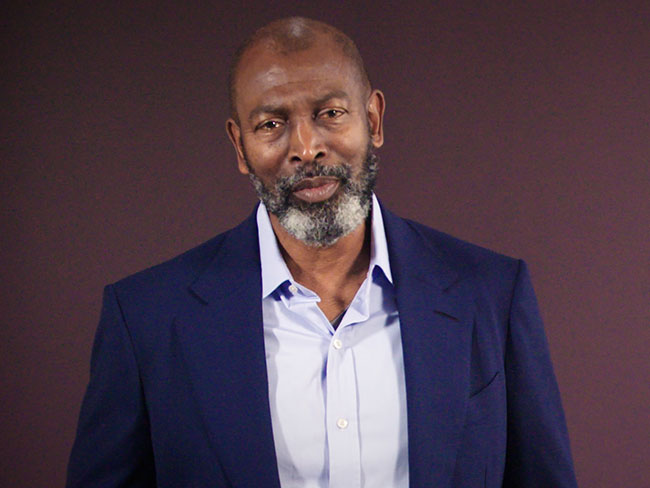
December 18, 2025
Why we paused bargaining
We made the difficult decision to pause national bargaining with the Alliance …
December 17, 2025
Final session of 2025 concludes with one tentative agreement
Four additional bargaining dates set to kick off the new year.

December 14, 2025
Let’s close the deal
Historic 21.5% wage boost and enhanced benefits await. Watch this message …
December 10, 2025
A productive 22nd NUHW bargaining session
After a 3-week hiatus, 3 tentative agreements were reached.

December 5, 2025
Where we stand
New bargaining dates are set for December 11 to 15, as Alliance-represented …
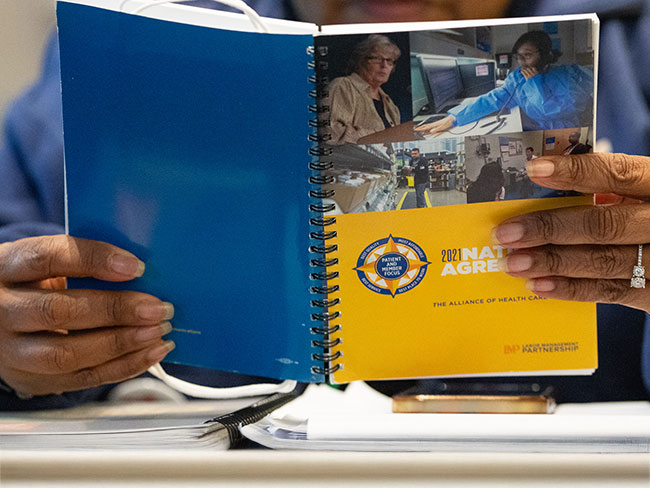
November 20, 2025
It’s time to move forward
Our strong, historic offer honors Alliance-represented employees’ contributions …
November 18, 2025
Busy day at the bargaining table for Kaiser Permanente and NUHW
Several responses to proposals were shared in 21st bargaining session.
November 11, 2025
Kaiser Permanente and NUHW check in on outstanding proposals
Three responses were shared in the 20th bargaining session.
November 7, 2025
Kaiser Permanente and NUHW reach one tentative agreement
Additional sessions in December were confirmed.

November 7, 2025
Negotiations continue
Kaiser Permanente offers proposal that would provide for more employee …

November 4, 2025
Visualizing our offer
New online tool provides Alliance-represented employees a personalized …
October 31, 2025
Kaiser Permanente and NUHW continue negotiations
Four proposals were exchanged in 18th bargaining session.
October 28, 2025
2 tentative agreements reached in 17th session
Kaiser Permanente and NUHW continue making progress at the bargaining table.

October 24, 2025
Strong offer, stronger future
Kaiser Permanente’s economic proposal rewards Alliance-represented employees …

October 19, 2025
Kaiser Permanente returns to normal operations after strike
Bargaining for a new national contract with the Alliance of Health Care …
October 16, 2025
Bargaining continues during 16th session
Additional counterproposals exchanged between Kaiser Permanente and NUHW.

October 13, 2025
Our statement on the Alliance of Health Care Unions’ strike
We remain committed to an agreement that balances fair pay with affordable …

October 12, 2025
A strong offer that puts patients and employees first
We're committed to reaching an agreement that honors our employees, protects …
October 11, 2025
Another tentative agreement reached in bargaining
Additional counterproposals exchanged between Kaiser Permanente and NUHW.
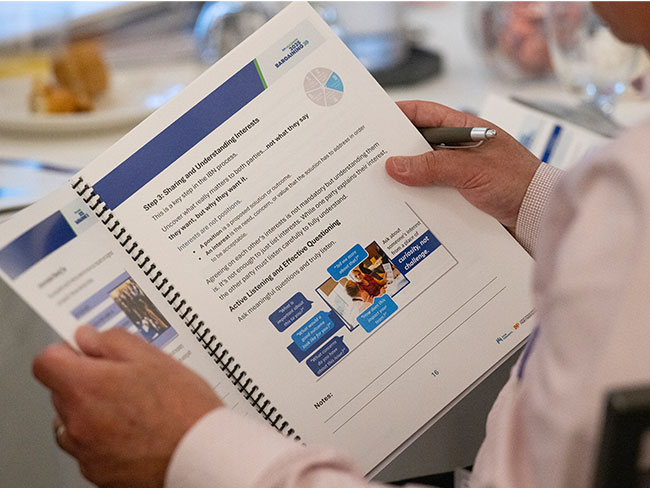
October 10, 2025
Latest bargaining session fails to reach agreement
We are committed to negotiating a fair contract with the Alliance, despite …
October 6, 2025
Kaiser Permanente and NUHW exchange multiple proposals
Session marked by continued dialogue.
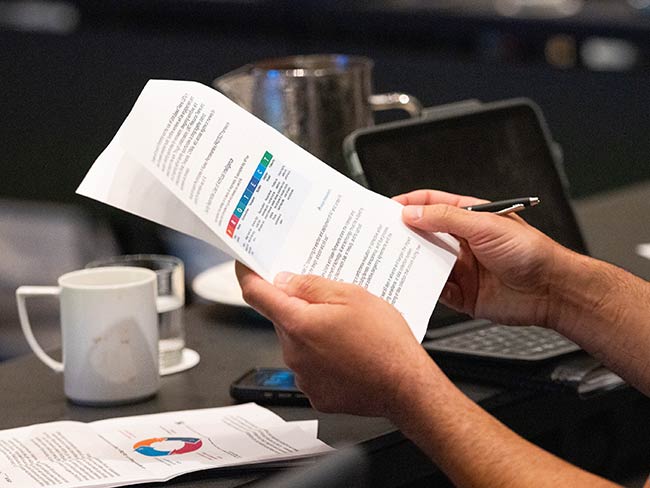
October 4, 2025
Despite strong offer on the table, strike notices received
Kaiser Permanente strengthens latest economic proposal offering competitive …
October 2, 2025
Key proposals reintroduced at NUHW bargaining
Kaiser Permanente and NUHW reach a tentative agreement on associate licensure …
September 30, 2025
Tailoring mental health care to the needs of our members
Recognizing that mental health is an essential part of overall well-being, …
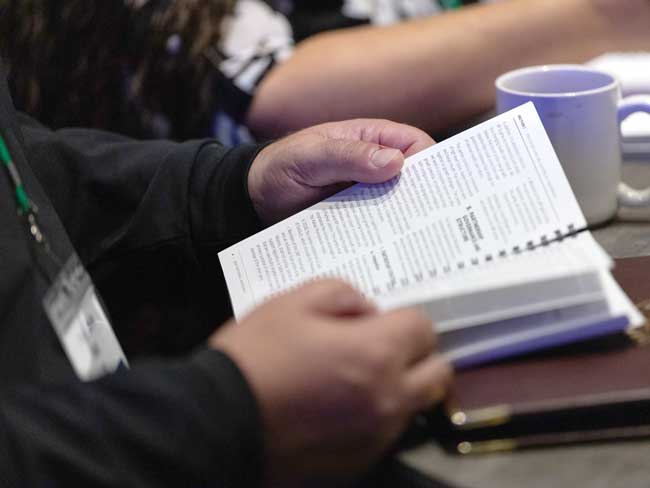
September 29, 2025
Work continues to reach new national agreement
Kaiser Permanente and Alliance enter into third-party mediation to help …
September 26, 2025
Bargaining continues with meaningful exchange of proposals
Kaiser Permanente and the National Union of Healthcare Workers exchange …
September 24, 2025
Bargaining gains momentum with 2 new tentative agreements
Kaiser Permanente and the National Union of Healthcare Workers agree on …

September 24, 2025
A job at Kaiser Permanente is much more than a paycheck
Being a part of the country’s largest mission-driven health care organization …

September 24, 2025
See what makes our offer stand out
Higher pay and investments in your benefits and educational opportunities …
September 22, 2025
NUHW bargaining sessions provide robust exchanges
Kaiser Permanente and the National Union of Healthcare Workers discuss …

September 19, 2025
Understanding the value of a Kaiser Permanente job
Our proposal means higher pay and stronger benefits for you.
September 17, 2025
Progress continues in NUHW bargaining sessions
Kaiser Permanente and the National Union of Healthcare Workers exchange …

September 13, 2025
The value of a Kaiser Permanente job
Kaiser Permanente is proud to offer competitive pay, outstanding benefits, …
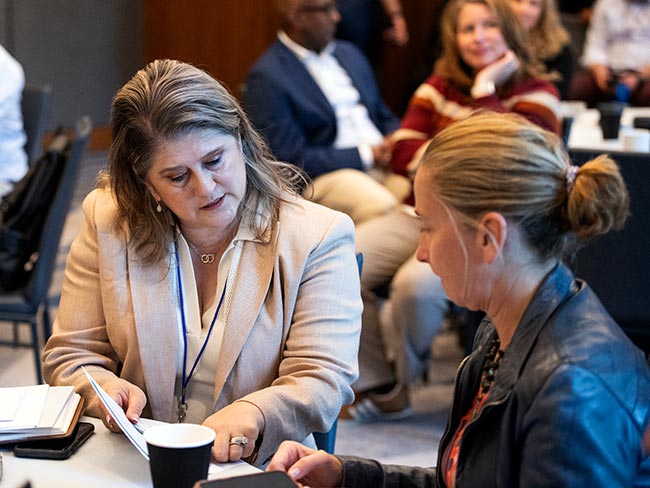
September 13, 2025
Update on Alliance national bargaining
Negotiations focus on pay, benefits, and remaining staffing proposals.

September 13, 2025
Details of our latest offer to the Alliance of Health Care Unions
Kaiser Permanente rewards employees for the excellent care they provide.
August 29, 2025
Negotiations focus on patient access, therapist support
Kaiser Permanente and NUHW continue to exchange and consider proposals.

August 28, 2025
We celebrate our employees this Labor Day
Kaiser Permanente has a long, proud history of working with unions.
August 26, 2025
Kaiser Permanente and NUHW bargaining update
Our proposals to the National Union of Healthcare Workers seek greater …
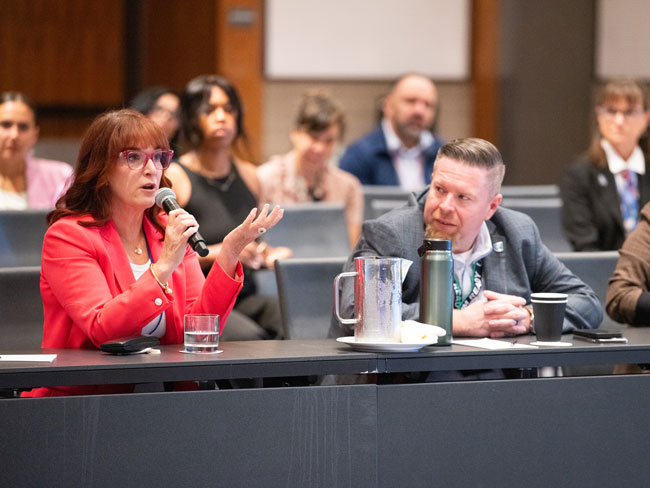
August 23, 2025
Alliance national bargaining update
New tentative agreements enhance the minimum wage and strengthen the Labor …
August 15, 2025
NUHW bargaining progresses
Discussions at the bargaining table focused on the job duties and workload …
August 13, 2025
Third tentative agreement reached
Kaiser Permanente and the National Union of Healthcare Workers continue …
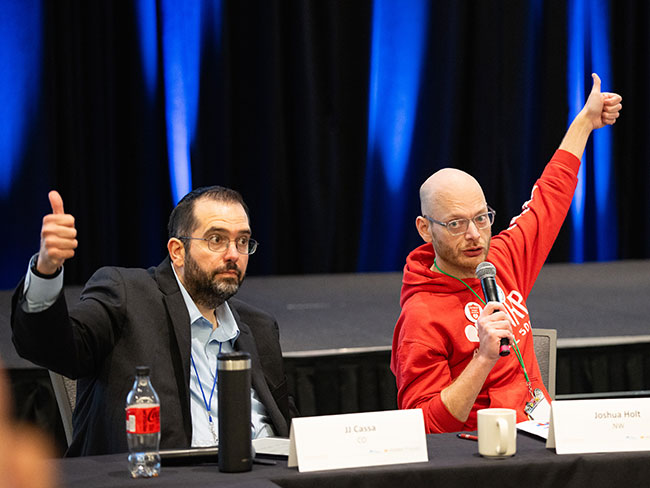
August 7, 2025
Alliance national bargaining talks move forward
Kaiser Permanente and the Alliance reach 30 tentative agreements.
July 31, 2025
Second tentative agreement reached
Kaiser Permanente and the National Union of Healthcare Workers reached …
July 24, 2025
NUHW bargaining continues in Northern California
Kaiser Permanente and the National Union of Healthcare Workers reached …
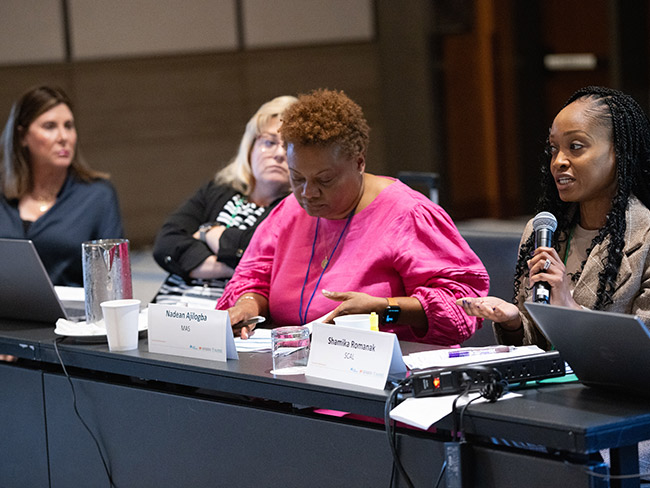
July 17, 2025
National bargaining talks progress
Kaiser Permanente and Alliance of Health Care Unions navigate key issues. …

July 17, 2025
2025 Alliance national bargaining facts at a glance
July 11, 2025
NUHW bargaining update in Northern California
In a second bargaining session, Kaiser Permanente and the National Union …
July 8, 2025
NUHW bargaining begins in Northern California
First day of negotiations between Kaiser Permanente and the National Union …

July 8, 2025
Working together at the heart of health care
Organized labor is key to who we are, where we’ve been, and where we’re …

June 23, 2025
How Kaiser Permanente uses AI responsibly
To guide our use of AI, Kaiser Permanente has created a set of 7 responsible …
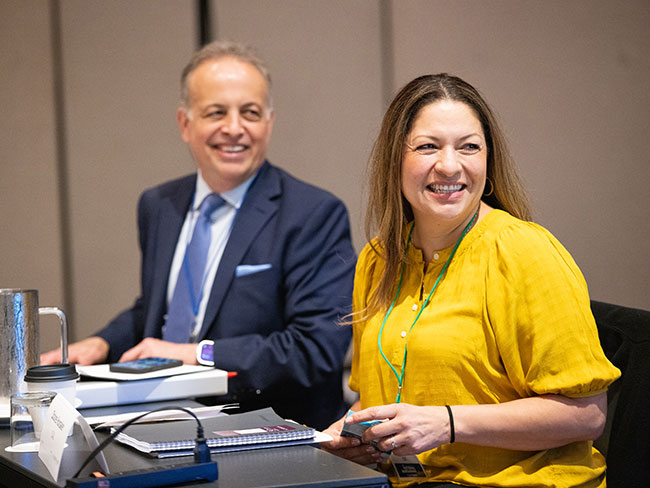
June 5, 2025
National bargaining progress continues
Kaiser Permanente and Alliance unions reach 4 tentative agreements and …
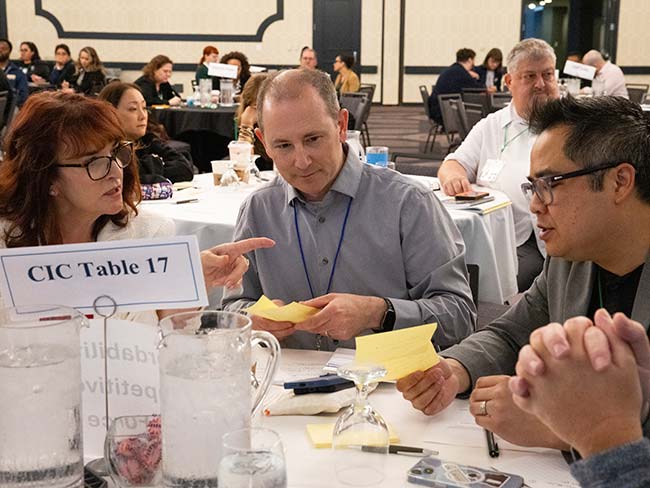
June 4, 2025
Frequently asked questions about bargaining
Here’s what you should know now that Alliance of Health Care Unions national …
May 8, 2025
New NUHW contract ratified
Kaiser Permanente Southern California and the National Union of Healthcare …

May 8, 2025
Interest-based problem solving: What it is, why it matters
During national bargaining, labor and management use this collaborative …

May 8, 2025
National Alliance bargaining begins
Kaiser Permanente and the Alliance of Health Care Unions kick off negotiations …
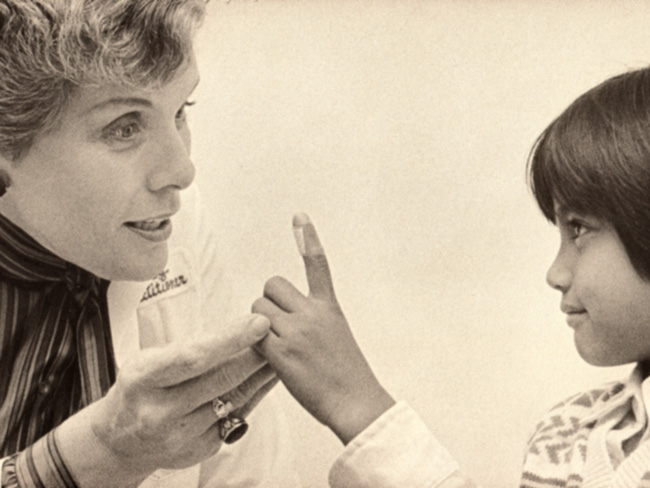
April 30, 2025
A history of trailblazing nurses
Nursing pioneers lay the foundation for the future of Kaiser Permanente …
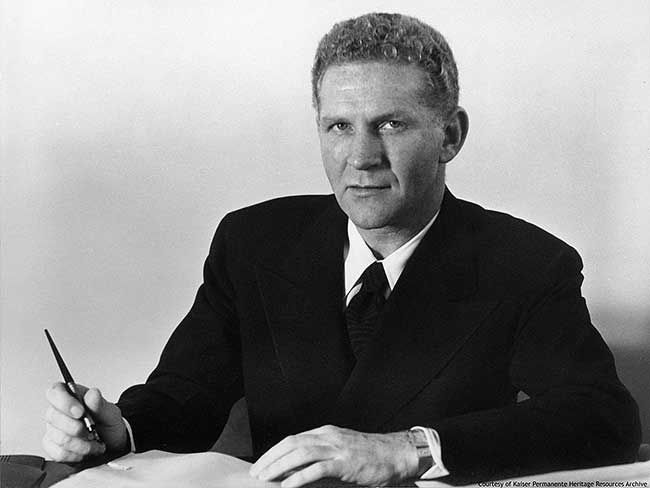
April 16, 2025
Sidney R. Garfield, MD: Pioneer of modern health care
Kaiser Permanente’s co-founding physician spread prepaid care and the idea …
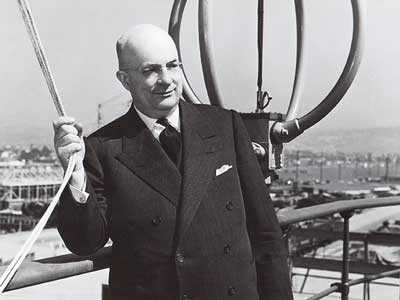
May 3, 2024
Henry J. Kaiser: America’s health care visionary
Kaiser was a major figure in the construction, engineering, and shipbuilding …
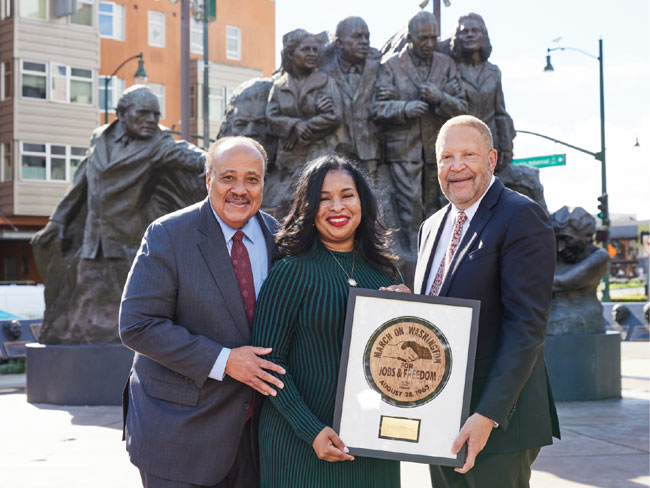
April 8, 2024
Martin Luther King Jr.’s dream is alive at Kaiser Permanente
Greg A. Adams, chair and chief executive officer of Kaiser Permanente, …

February 13, 2024
A legacy of life-changing community support and partnership
The Kaiser Permanente Watts Counseling and Learning Center started as a …

February 2, 2024
Expanding medical, social, and educational services in Watts
Kaiser Permanente opens medical offices and a new home for the Watts Counseling …

November 9, 2023
New 4-year agreement ratified
National agreement between Kaiser Permanente and the Coalition will help …
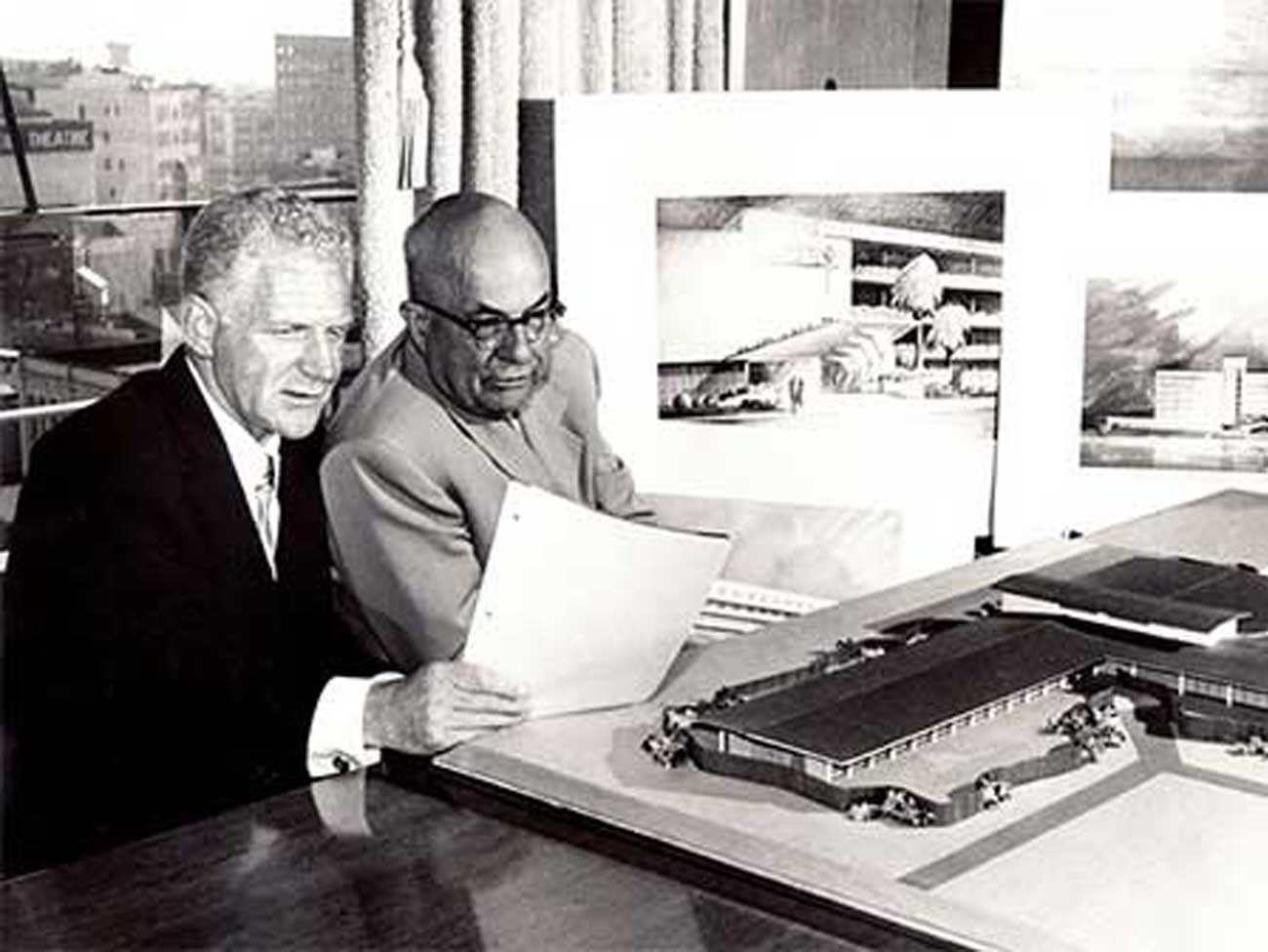
October 17, 2023
How Kaiser Permanente evolved
Sidney R. Garfield, MD, and Henry J. Kaiser came together to pioneer an …
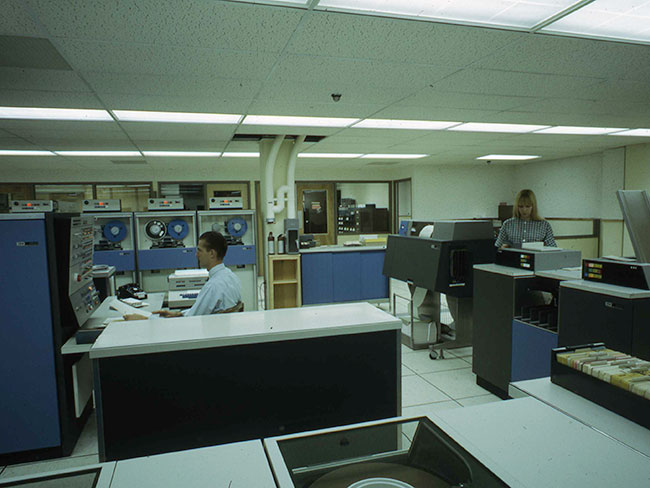
September 13, 2023
Transforming the medical record
Kaiser Permanente’s adoption of disruptive technology in the 1970s sparked …

July 26, 2023
Kaiser Permanente hiring 10,000 new staff for Coalition jobs
More than 6,500 of these union-represented positions have already been …
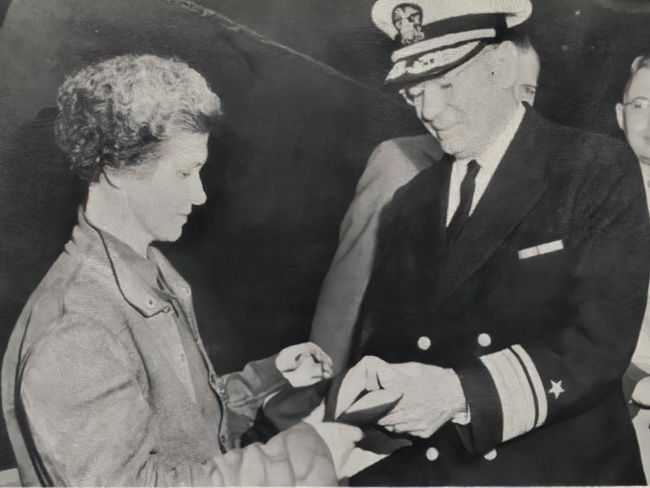
May 2, 2023
Women lead an industrial revolution at the Kaiser Shipyards
Early women workers at the Kaiser shipyards diversified home front World …

April 25, 2023
Hannah Peters, MD, provides essential care to ‘Rosies’
When thousands of women industrial workers, often called “Rosies,” joined …
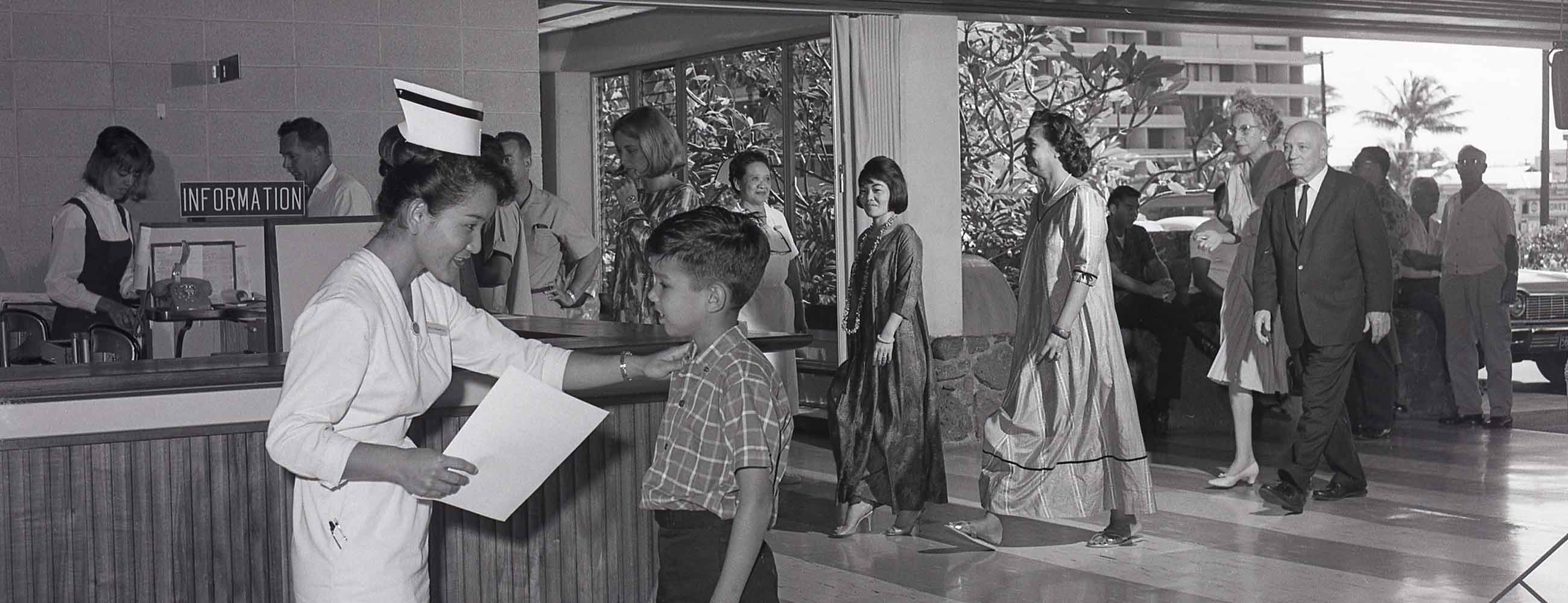
November 11, 2022
A history of leading the way
For over 75 innovative years, we have delivered high-quality and affordable …
November 11, 2022
Pioneers and groundbreakers
Learn about the trailblazers from Kaiser Permanente who shaped our legacy …
November 11, 2022
Our integrated care model
We’re different than other health plans, and that’s how we think health …
November 11, 2022
Our history
Kaiser Permanente’s groundbreaking integrated care model has evolved through …

October 21, 2022
Kaiser Permanente therapists ratify new contract
New 4-year agreement with NUHW will enable greater collaboration aimed …
October 14, 2022
Contact Heritage Resources
October 1, 2022
Innovation and research
Learn about our rich legacy of scientific research that spurred revolutionary …
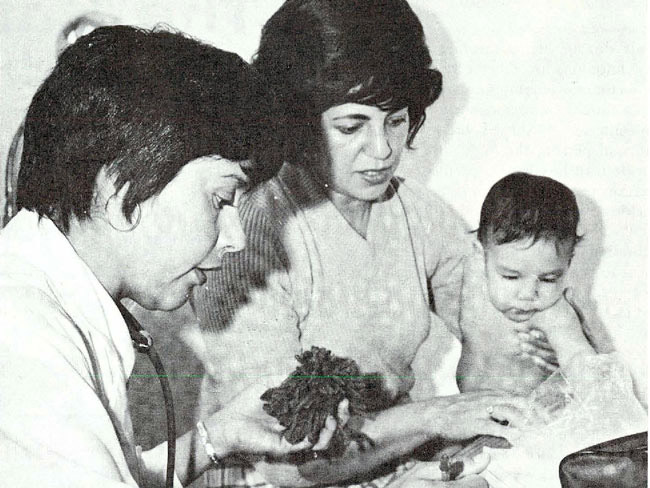
May 26, 2022
Nurse practitioners: Historical advances in nursing
A doctor shortage in the late 1960s and an innovative partnership helped …

March 22, 2022
NUHW psych-social employees ratify agreement
The agreement between Kaiser Permanente and the NUHW in Southern California …
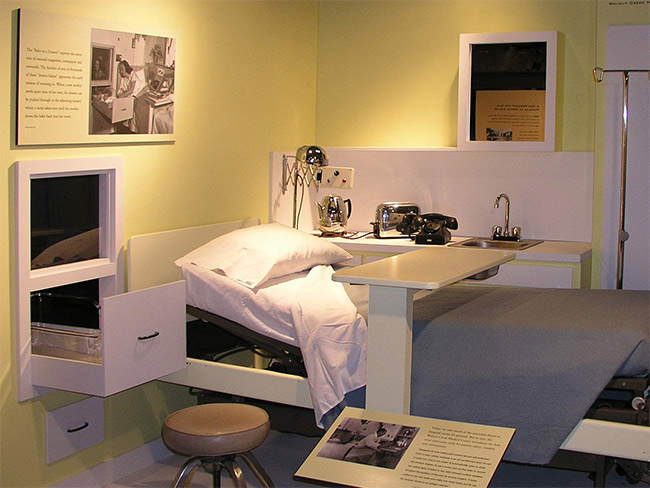
September 10, 2021
‘Baby in the drawer’ helped turn the tide for breastfeeding
This innovation in rooming-in allowed newborns to stay close to mothers …
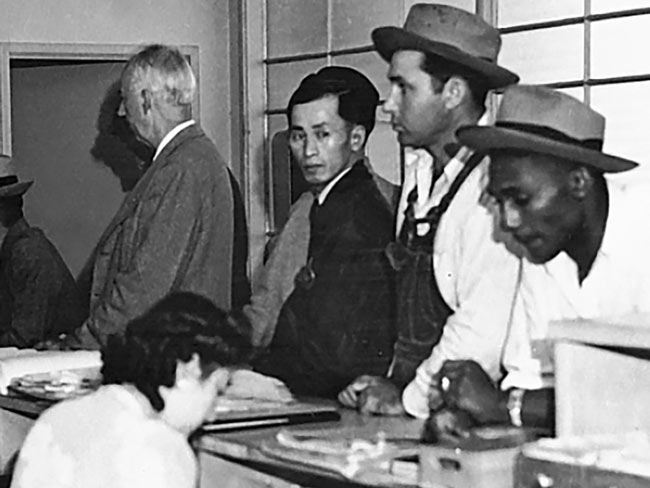
August 25, 2021
Kaiser Permanente’s history of nondiscrimination
Our principles of diversity and our inclusive care began during World War …
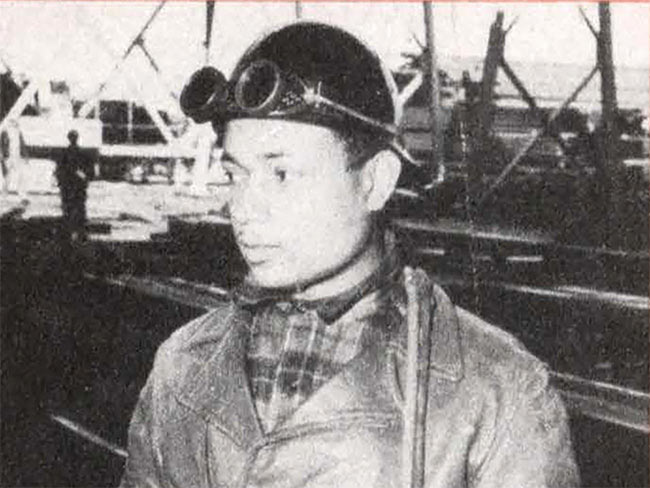
July 22, 2021
A long history of equity for workers with disabilities
In Henry J. Kaiser’s shipyards, workers were judged by their abilities, …
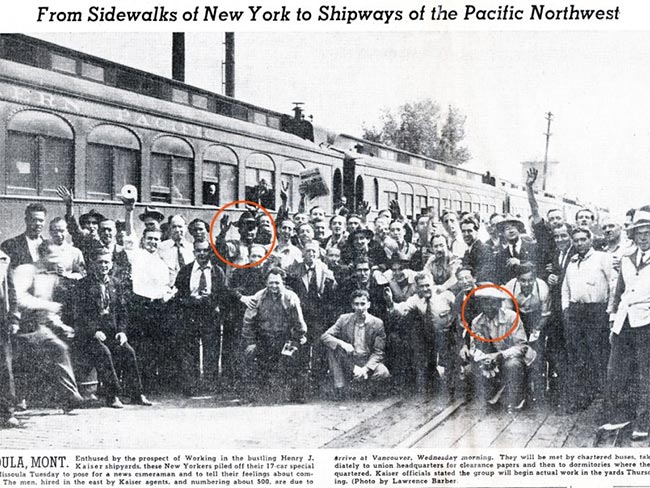
June 2, 2021
Path to employment: Black workers in Kaiser shipyards
Kaiser Permanente, Henry J. Kaiser’s sole remaining institutional legacy, …
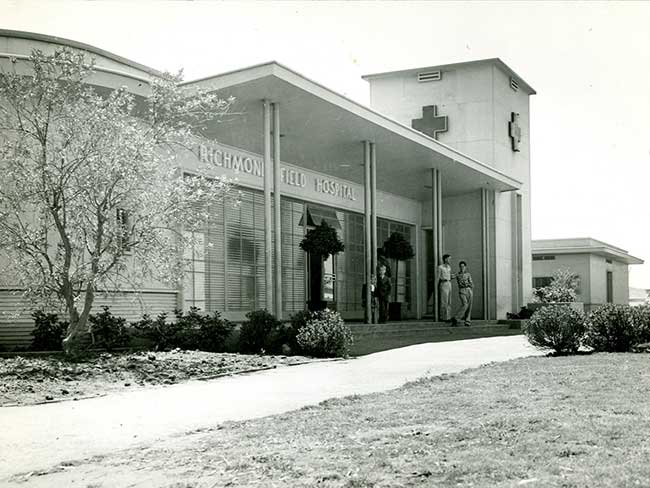
February 22, 2021
The Permanente Richmond Field Hospital
Forlorn and all but forgotten, it played a proud role during the World …
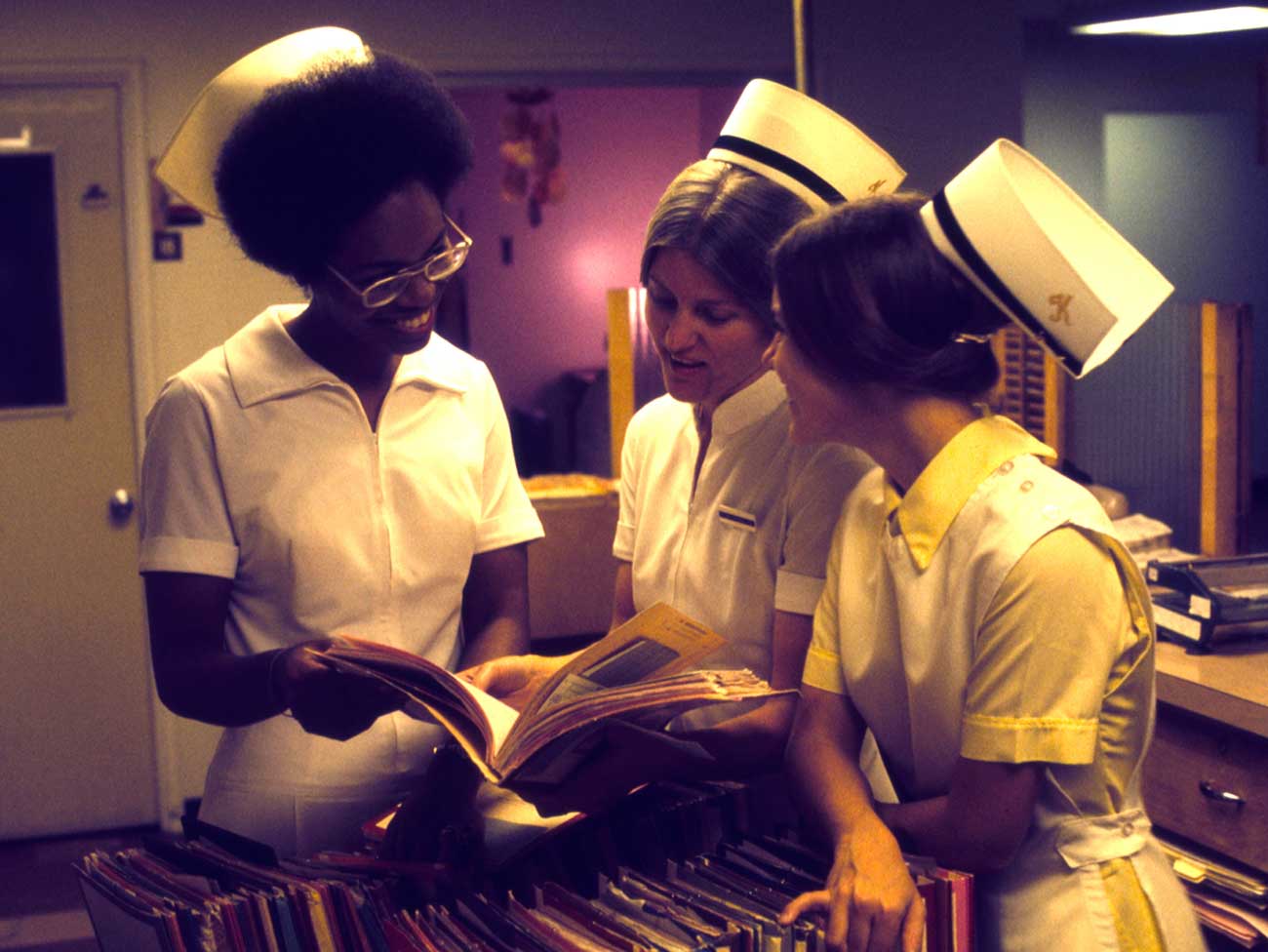
September 28, 2020
A legacy of disruptive innovation
Proceeds from a new book detailing the history of the Kaiser Foundation …
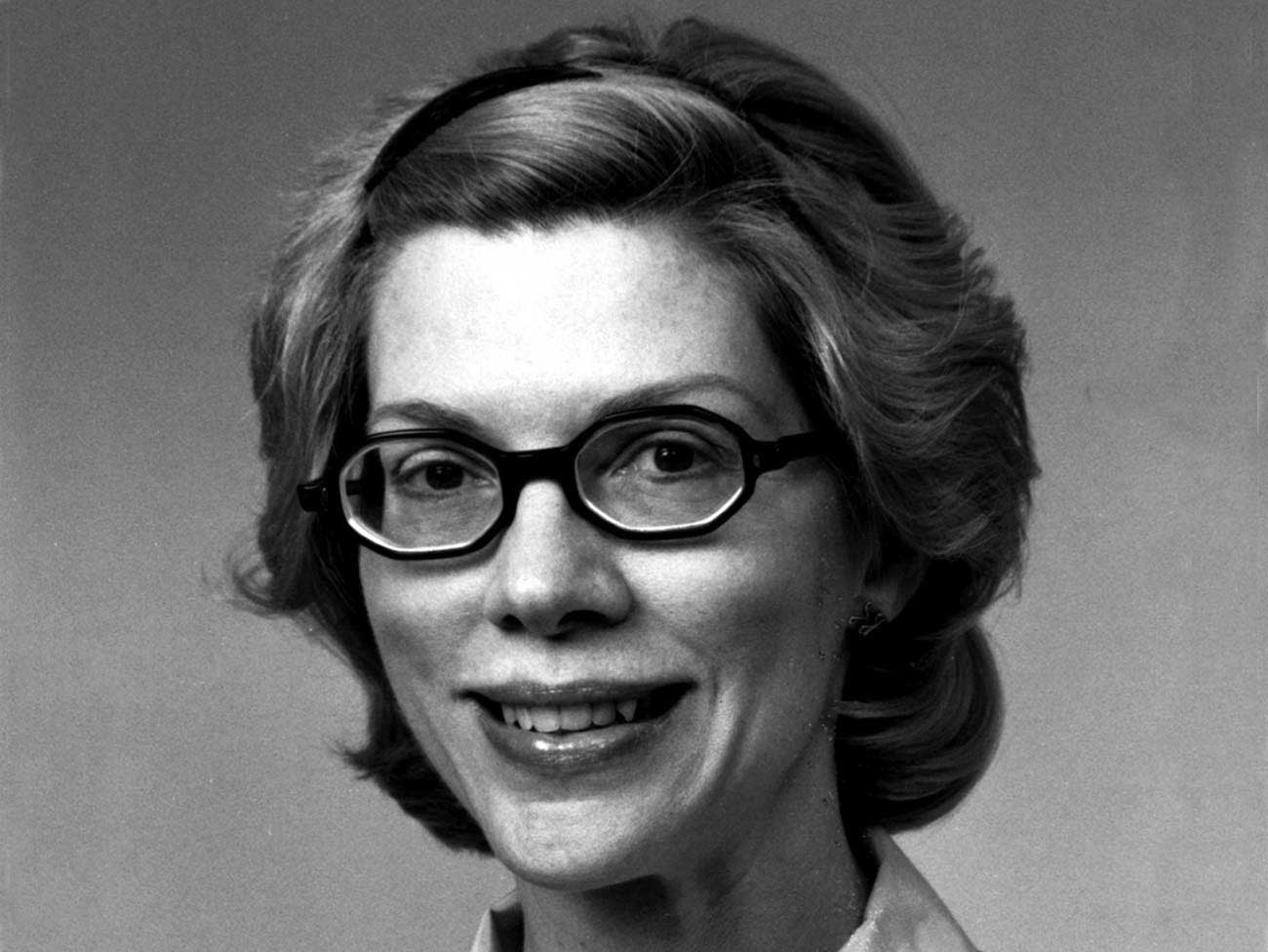
August 26, 2020
Kaiser Permanente’s pioneering nurse-midwives
The 1970s nurse-midwife movement transformed delivery practices.

July 30, 2020
Books and publications about our history
Interested in learning more about the history of Kaiser Permanente and …
